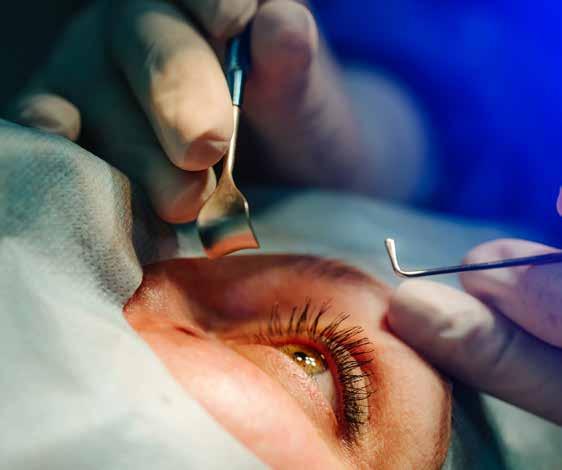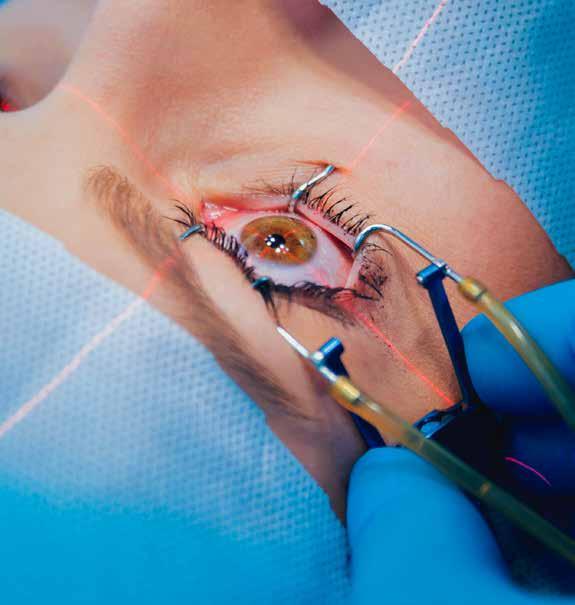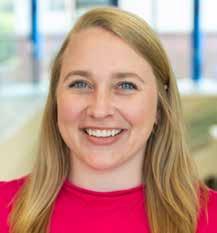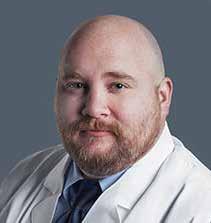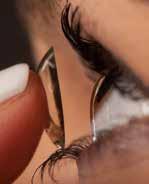Previous Residents Information
2023-24 D’Ajanee Smallwood, OD University of Alabama at Birmingham dsmallwood@sco.edu
2022-23 Mitchell Kanellis, OD Chicago College of Optometry
2021-22 Aspen Chun, OD Southern College of Optometry achun@sco.edu
2020-21 Chawan Rasheed, OD
Southern College of Optometry chawanrasheed@sco.edu
2019-20 Kevan Smith, OD
New England College of Optometry kevansmith@sco.edu
2018-19 Yueren “Lily” Wang, OD Univ. of Alabama at Birmingham ywang@sco.edu
2017-18 Jessica Lam, OD
Pacific Univ. College of Optometry jlam@sco.edu
2016-17 Kacey Cilimberg, OD Univ. of Alabama at Birmingham kcilimberg@sco.edu
2015-16 Brayden Lundquist, OD Midwestern Univ. Chicago College of Optometry mlundquist@sco.edu
2014-15 Catherine Tuong, OD Southern California College of Optometry at Marshall B. Ketchum Univ. ctuong@gmail.com
2013-14 Nancy Chan, OD Southern California College of Optometry at Marshall B. Ketchum Univ. nchan2013@gmail.com
2012-13 Dustin Dixon, MS, OD Southern College of Optometry
2011-12 Danielle Alperin, OD The Ohio State Univ. College of Optometry dalperin@gmail.com
2010-11 Christina Newman, OD Nova Southeastern Univ. College of Optometry cnewman@sco.edu
If you have additional questions, feel free to contact: Laurel Kelley, OD, FAAO laurelkelley@sco.edu Assistant Professor Supervisor, Cornea Contact Lens Refractive Surgery Residency
SCO Residency Admission Requirements
The SCO Residency Committee reviews all applications to be considered for admission. The applicant must:
1. have earned an O.D. degree by the time of matriculation from an ACOE accredited school or college of optometry;
2. have a minimum 3.0 cumulative grade point average in the optometry professional curriculum;
3. furnish complete transcripts of all optometric education;
4. take and pass all parts of the National Board Examinations, and furnish results of these examinations;
5. provide three letters of recommendation;
6. be eligible for licensure as described in the program policies; and
7. have an interview with the supervisor of the program.
All residency applications will be evaluated without regard to sex, race, color, creed, age, national origin, or disabilities.
CORNEAContact Lens Refractive SURGERYRESIDENCY
Thank you for your interest in our Cornea Contact Lens and Refractive Surgery Residency Program.
I encourage you to review the program description on our website, sco.edu/corneaandcontactlens if you have not already done so. You can also contact our current 2024-25 resident, Ashley Peters, OD (ashleypeters@sco.edu)
Please visit the Eye Specialty Group’s (ESG) website at Eye Specialty Group to learn more about Dr. Crothers’ practice (eyespecialtygroup.com)
What areas of contact lens care is the program is particularly well known for?
Fitting irregular corneas. The Cornea Contact Lens Service (CCLS) at The Eye Center (TEC), is the largest provider of specialty contact lens services in a threestate area. Orthokeratology, corneal GP’s and specialty soft lenses are pillars of the program.
What
about
the
program
makes it unique from other contact lens residencies?
This program is jointly sponsored with the Eye Specialty Group (ESG), a surgical co-management center. Andrew Crothers, MD, attended Southern Illinois University, completed his ophthalmology residency training at Virginia Commonwealth University, and completed a cornea and laser refractive surgery fellowship at the University of San Diego.
The founding principle of the program is to train providers with advanced competencies who can bridge the gap between surgical interventions of the anterior segment and rehabilitation using specialty contact lenses.
What will residents experience while at ESG?
• The resident will attend a clinic in a busy multi-subspecialty private practice, once a week.
• The clinical exposure at this practice will have an emphasis on cornea/ external diseases/anterior segment/ refractive surgical cases, with one or both cornea sub-specialty trained MDs who work there.
• Opportunities to attend other subspecialty clinics, such as glaucoma and retina, are available, based on interest and time allowance.
What type of capstone projects have residents done?
Each resident must complete a capstone project. Your supervisor will work with you to devise a special project of interest. Previous studies include:
• Safety and efficacy of scleral lenses in keratoconus;
• Neophyte skills estimating corneal clearance with scleral lenses;
• Racial variations in measuring corneal asphericity;
• Influence of contact lens power on rebound tonometry values; and
• Changes in pachymetry in thin keratoconic corneas exposed to hypotonic riboflavin during corneal cross-linking.
All residents have presented posters at the AAO and GSLS meeting, published in Contact Len Spectrum and we have had several publications in Optometry and Vision Science
How much do grades matter when considering candidates for acceptance?
• Clinical research opportunities are available as well, time and interest permitting.
• The resident will start in clinics by “shadowing” the MD, and will gain invaluable knowledge and experience by seeing a multitude of patients with various medical and surgical anterior segment/corneal diseases.
• The resident will gradually increase his/her role in the care of the patient in these clinics, as increasing levels of familiarity and comfort are reached.
• By the end of the year, the resident should have proficiency in the diagnosis and treatment of a large variety of anterior segment disease processes.
• In addition, he/she will gain experience with several slit-lamp based procedures, such as corneal suture removal, post-operative pressure reduction, and corneal ulcer cultures.
Grades are an important predictor of an individual’s ability to handle the rigors of the program. This is why we require at least a 3.0 GPA to be considered. Most successful residents have cumulative GPA’s well above this level. Strong performance in disease courses, pharmacology, contact lenses, and clinical courses are important.
Does leadership experience factor into the application process?
It is an important factor but does not overshadow academic prowess. We are interested in producing exceptional clinicians and leaders. Your advanced training uniquely distinguishes you from colleagues without this certification. With this mantle comes the responsibility to lead.
What other qualities do you look for in residents?
A strong work ethic, intellectual curiosity, initiative, the ability to take direction and work as part of a team are essential. Emotional stability, maturity, the ability to work under pressure, confidence (not arrogance), competence, and self-awareness are hallmarks of successful residents.
Any advice you would give for someone applying to this or other contact lens residencies?
You get out of a residency what you put into it. It’s an intensive, advanced training experience — not a fifth year of optometry school. Select a residency which is a good fit for your personality and a supervisor with whom you have great chemistry. It is hard work, demands excellence of you, and is an incredible growth opportunity.
ANDREW CROTHERS, MD
Eye Specialty Group
LAUREL KELLEY, OD, FAAO Southern College of Optometry Assistant Professor Residency Supervisor
ANDREW CROTHERS, MD
Eye Specialty Group
